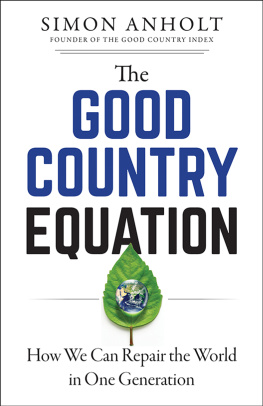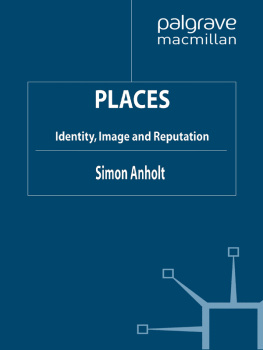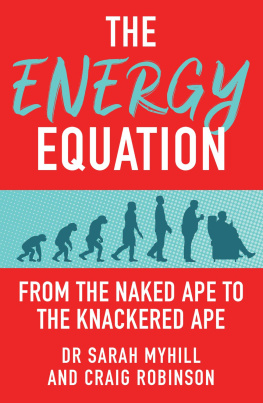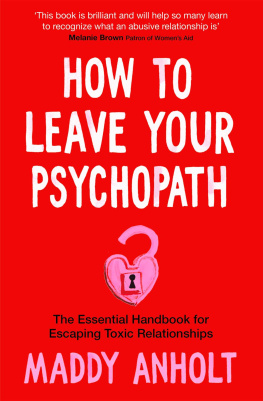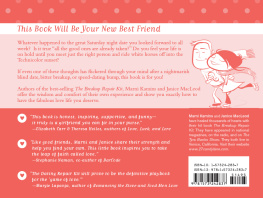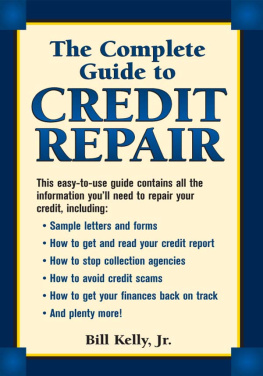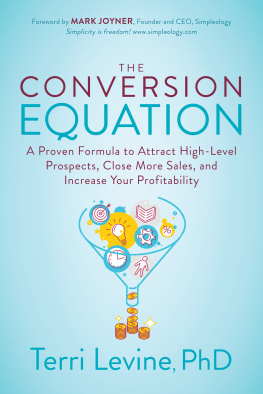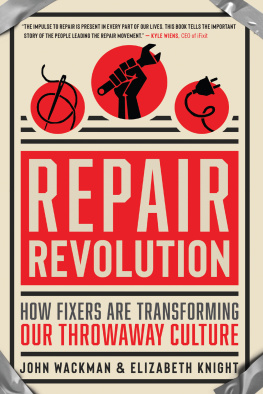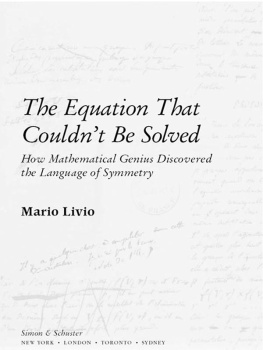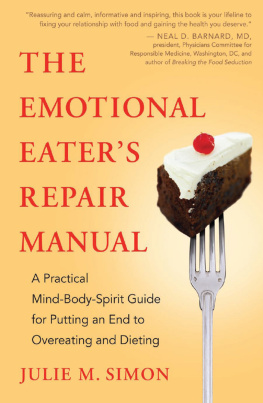The
GOOD
COUNTRY
EQUATION

The Good Country Equation
Copyright 2020 by Simon Anholt
All rights reserved. No part of this publication may be reproduced, distributed, or transmitted in any form or by any means, including photocopying, recording, or other electronic or mechanical methods, without the prior written permission of the publisher, except in the case of brief quotations embodied in critical reviews and certain other noncommercial uses permitted by copyright law. For permission requests, write to the publisher, addressed Attention: Permissions Coordinator, at the address below.
| Berrett-Koehler Publishers, Inc.
1333 Broadway, Suite 1000
Oakland, CA 94612-1921
Tel: (510) 817-2277, Fax: (510) 817-2278
www.bkconnection.com |
Ordering information for print editions
Quantity sales. Special discounts are available on quantity purchases by corporations, associations, and others. For details, contact the Special Sales Department at the Berrett-Koehler address above.
Individual sales. Berrett-Koehler publications are available through most bookstores. They can also be ordered directly from Berrett-Koehler: Tel: (800) 929-2929; Fax: (802) 864-7626; www.bkconnection.com
Orders for college textbook/course adoption use. Please contact Berrett-Koehler: Tel: (800) 929-2929; Fax: (802) 864-7626.
Distributed to the U.S. trade and internationally by Penguin Random House Publisher Services.
Berrett-Koehler and the BK logo are registered trademarks of Berrett-Koehler Publishers, Inc.
First Edition
Paperback print edition ISBN 978-1-5230-8961-1
PDF e-book ISBN 978-1-5230-8962-8
IDPF e-book ISBN 978-1-5230-8963-5
Digital audio ISBN 978-1-5230-8964-2
2020-1
Cover designer: Adrian Morgan. Book producer and text designer: Leigh McLellan. Copyeditor: Karen Seriguchi. Proofreader: Mary Hazlewood. Indexer: Ken Dellapenta.
For Anna, Alexandra, Claudia, and Luca.
Preface
HAVE YOU NOTICED HOW MUCH TIME WE SPEND WORRYING ABOUT the state of the world these days? Even before the pandemic struck, we were forever discussing the global challenges, speculating about the future of humanity, voicing our fears about the fate of the planet and the plants and animals we share it with. In one way or another, we are constantly asking, Whats gone wrong with the world?
Not surprisingly, theres no shortage of theories, explanations, and solutions. The number of books published each year that try to explain and resolve our global difficulties just keeps on growing.
I try to read them because Im fascinated and appalled by this subject, but Im ashamed to admit that I dont always finish them, and often start skimming after the first chapter. This isnt because I think the authors dont know what theyre talking abouton the contrary, Im deeply impressed by their knowledge of society, politics, public health, economics, history, culture, and human nature. Usually, its because I just find them too dense, too difficult, and frankly too depressing to read. This doesnt seem right. If COVID-19 has proved anything, it has proved that the way countries work togetheror fail to do sois not a subject for experts alone; by definition, its a subject for everyone, everywhere. We all need to understand, because its going to take all of us to avoid these kinds of problems in the future, and to tackle the ones we already have.
So in this book Ive tried to explain where I think weve gone wrong in terms that most people Ive ever met can understand and enjoy: a book about the present and the future of humanity that doesnt require a degree in economics or political science to read.
And Ive tried to make it as fun and interesting to read about the issues as I have found it fun and interesting to learn about them. Just because these things are serious doesnt mean they have to be boring.
I also have some concrete suggestions about what we can all do to make the world work better, in one generation.
From an Equation to an Invitation
FOR THE LAST TWENTY YEARS, IVE WORKED AS AN INDEPENDENT policy adviser to the presidents, prime ministers, monarchs, and governments of more than fifty countries. Most of them have invited me to help them engage more productively and imaginatively with the governments and populations of other countries, although weve often ended up spending our time on very different challenges from the ones they thought they were facing.
In my discussions with them and with thousands of their citizens, from religious and business leaders to students and factory workers, Ive always challenged them with the same basic questions: What is your country for? What is its gift to the world? How can it make a difference to the whole of humanity, not just to its own citizens? How should a country make itself useful in the twenty-first century and so earn its place in the world?
I suppose that very few people have ever had a job quite like mine, and nobody could lead a life like the one Ive led without forming some views on where we humans stand today, how we got there, and where were going nextunless they were fast asleep.
But Ive been wide awake since I first started working with countries, and on the plane on the way home from each foreign trip, after a glance at the newspaper with its usual crop of frightening headlines, Ive found myself asking that same question: Why doesnt the world work?
How is it that, despite all the experience, power, technology, money, and knowledge that humankind has accumulated, we still seem unable to defeat the biggest challenges facing us today: climate change, pollution, mass migration, overpopulation, corruption, disease and pandemics, extremism, slavery, war, terrorism, drug trafficking, hunger, weapons proliferation, species and habitat loss, prejudice and racism, unemployment, water scarcity, antibiotic resistance, human rights abuses, poverty, illiteracy, infant mortality, and inequality?
What a daunting list that is! From Afghanistan to Kazakhstan, from Austria to Bhutan, from the Faroe Islands to Mexico, and from Latvia to Botswana, this book tells the story of how I began looking for answers to that question and gradually built up a worldview, a philosophy, and at last a formula that I believe really could help make the world work better.
What Is the Good Country Equation?
The theory behind this book is the Good Country Equation, a simple summary of what Ive learned about the world so far. The equation consists of a problem and a solution.
Yes, the Good Country Equation is a much simplified account of the state of things. The simplification is deliberate because, over the years, faced with a world that seems to become more bewilderingly complex and unstable with every month that passes, Ive learned to revere simplicity: not the simplicity that comes from seeing only the surface of things, but the simplicity that comes from seeing






